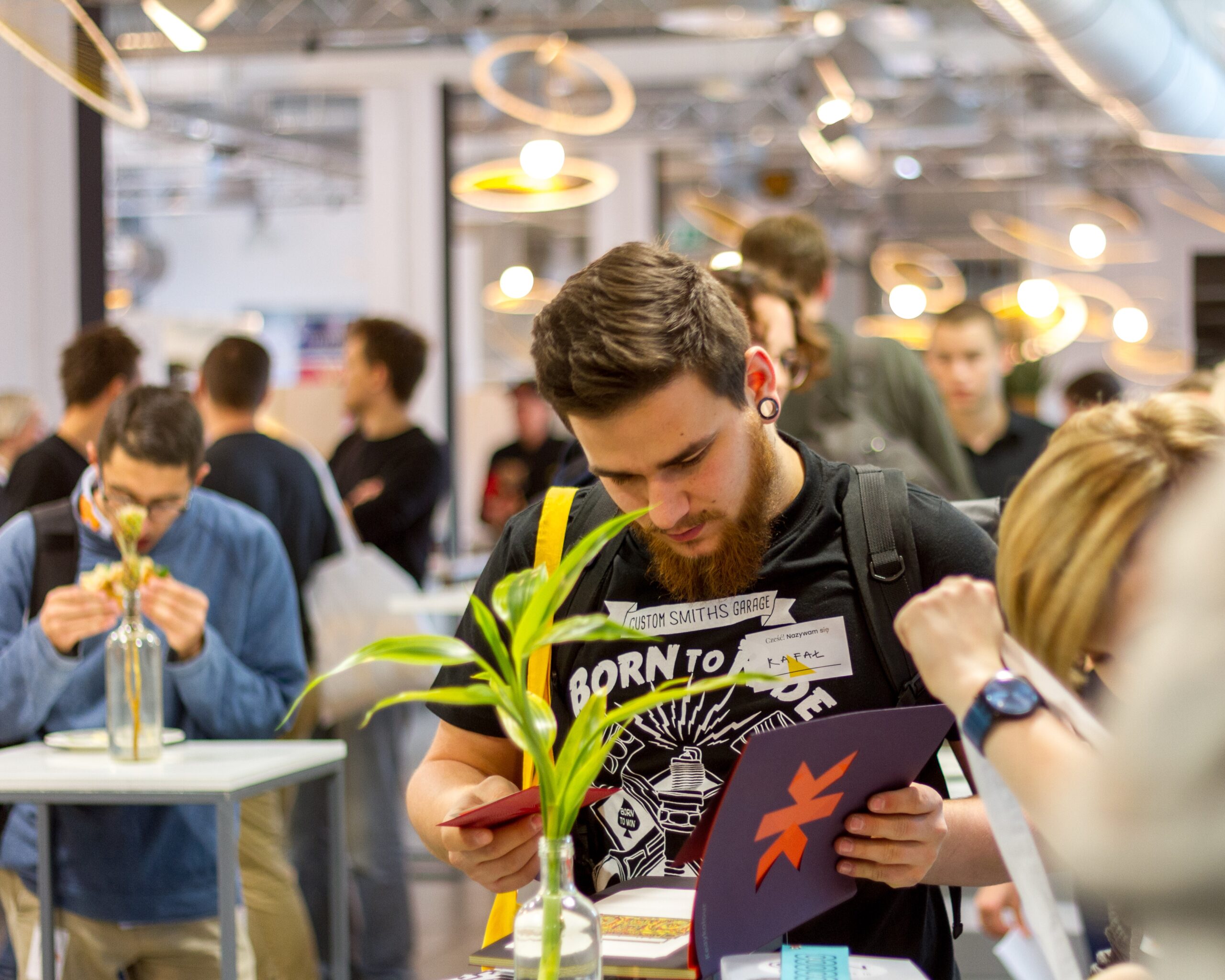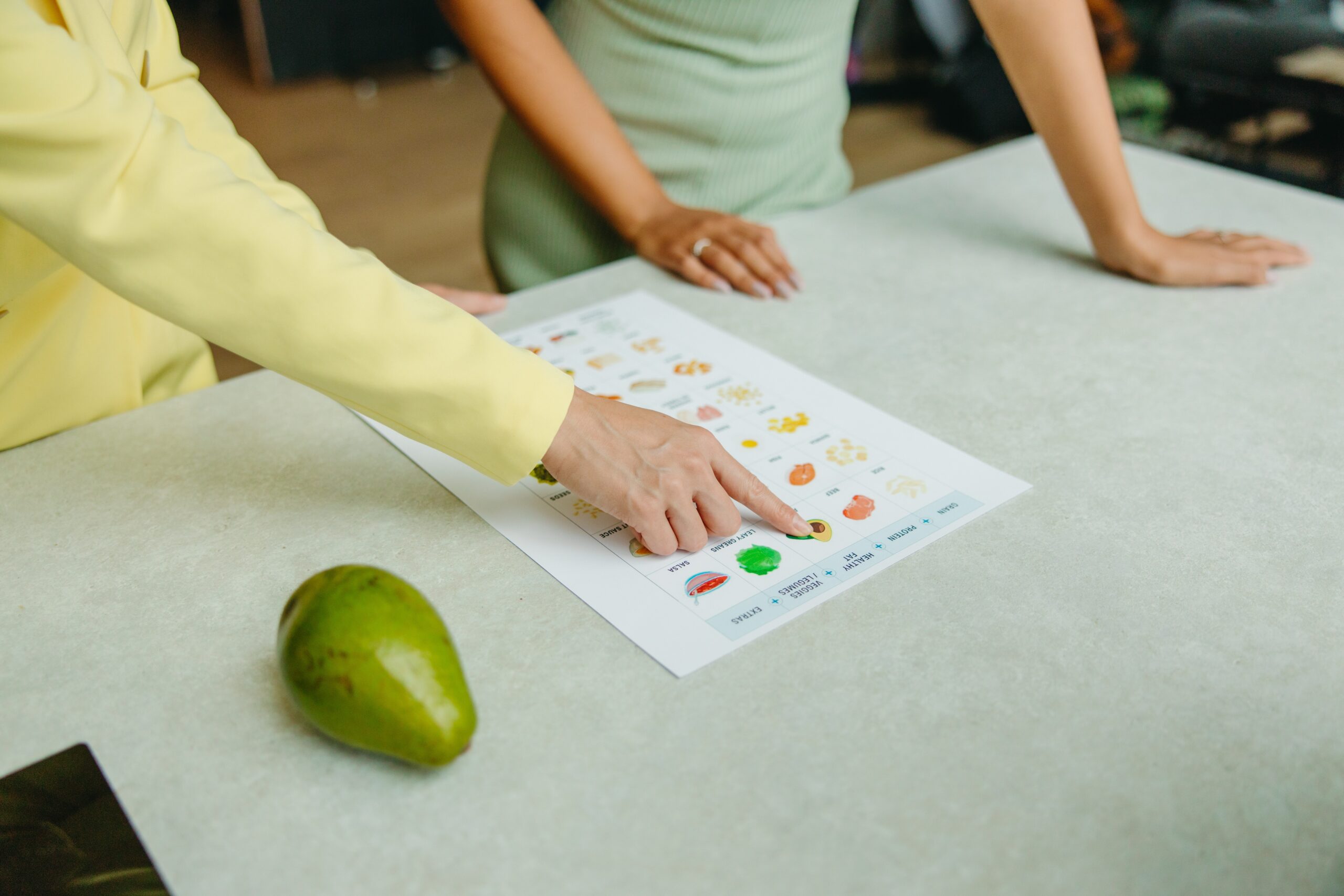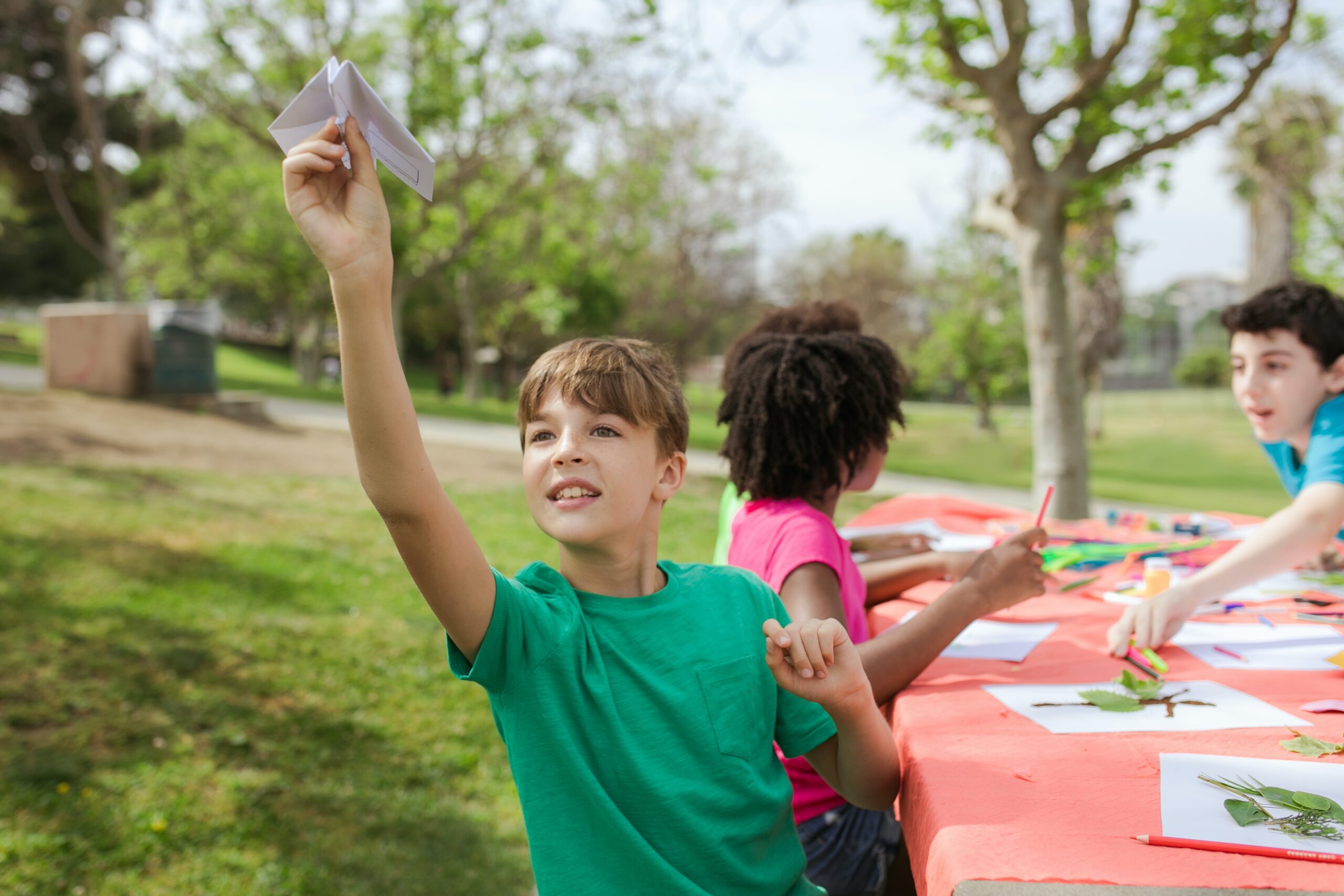Every profession requires continuous growth and development – and teaching is no exception. From implementing innovative pedagogical strategies to mastering the latest educational technology, teachers are lifelong learners by definition. In our discussion today, we will delve into the profound impact of education events on teacher effectiveness. It’s an exciting journey, so buckle up and let’s start exploring!
- Broadening Pedagogical Knowledge
One of the key impacts of education events on teacher effectiveness lies in their potential to broaden teachers’ pedagogical knowledge. At these events, teachers gain exposure to new teaching strategies, methods, and philosophies, which they can then implement in their classrooms.
Let’s consider a scenario where a teacher attends a seminar on differentiated instruction – a method of teaching that involves adjusting the curriculum to cater to the varying abilities and learning styles of students. By learning about this approach, the teacher not only acquires a new skill but also develops an enhanced understanding of student diversity.
Over time, this expanded pedagogical knowledge enables teachers to cater to the unique needs of their students more effectively. They become adept at selecting the most appropriate teaching method for a particular lesson or group of students, thereby enhancing learning outcomes.
- Learning from Peers and Experts
Education events provide a platform for teachers to interact with peers and experts in their field. Such interactions often lead to valuable knowledge exchange and professional growth.
For instance, a teacher might learn about a successful classroom management strategy from a peer during a panel discussion. Alternatively, they might receive insights from an educational psychologist during a keynote speech about addressing student anxiety. These learnings can prove immensely valuable when applied in a classroom context, leading to improved student engagement and learning outcomes.
Moreover, these interactions help create a sense of community among teachers. They realize that they are not alone in their challenges and can draw upon the collective wisdom of their peers and experts to navigate their professional journey.
- Staying Up-to-Date with Trends and Technologies
In today’s fast-paced world, new trends and technologies emerge rapidly – and the field of education is no exception. Education events serve as a conduit for teachers to stay abreast of these changes, equipping them with the knowledge and skills needed to incorporate these trends into their teaching practice.
For example, during an education technology conference, a teacher might learn about a new interactive learning platform. Armed with this knowledge, they can incorporate this platform into their teaching, making lessons more engaging for students and potentially improving their understanding of the subject matter.
Moreover, understanding these trends allows teachers to better prepare their students for the future. By introducing them to the latest tools and technologies, they equip students with the skills they need to thrive in the 21st century.
- Developing Leadership Skills
Another significant impact of education events on teacher effectiveness is the development of leadership skills. Workshops and seminars often focus on empowering teachers to take on leadership roles within their schools and communities.
Teachers who develop leadership skills can contribute to school improvement initiatives, mentor their peers, and advocate for educational policies that benefit their students. These leadership roles not only enhance a teacher’s professional growth but also have a positive impact on their school and community.
- Improving Motivation and Job Satisfaction
Teaching can be a demanding profession, and it’s not uncommon for teachers to experience burnout. Education events can help mitigate this issue by reigniting teachers’ passion for their profession.
When teachers attend education events, they are reminded of the importance and value of their work. They also gain fresh ideas and inspiration that they can bring back to their classrooms, which can rejuvenate their teaching practice and increase job satisfaction. This boost in motivation and satisfaction can significantly improve a teacher’s effectiveness, as a happy teacher is often a more effective teacher.
- Promoting Reflective Practice
Education events encourage reflective practice – a cornerstone of effective teaching. Workshops, seminars, and conferences often involve discussions and activities that prompt teachers to reflect on their teaching practices.
For instance, a workshop on student-centered learning might ask teachers to consider how often they allow students to lead their learning. This reflection can lead to an epiphany that they’ve been overly reliant on teacher-centered methods, and motivate them to incorporate more student-led activities in their classrooms.
Reflective practice helps teachers identify areas of strength and weakness in their teaching, allowing them to make necessary adjustments to improve their effectiveness. It also fosters a growth mindset, as teachers continuously seek to learn and improve.
- Enhancing Communication Skills
Communication is central to teaching, and education events often offer opportunities for teachers to enhance these skills. Whether it’s presenting at a conference, participating in a group discussion, or networking with peers, these events offer numerous occasions for teachers to practice and improve their communication.
Enhanced communication skills not only make teachers more effective in their classrooms, as they are better able to explain complex concepts and engage students in discussions but also in their wider professional lives. They can more effectively collaborate with colleagues, communicate with parents, and advocate for their students and schools.
- Boosting Confidence
Education events can also boost teachers’ confidence. By learning new skills and strategies, interacting with experts, and receiving positive feedback from peers, teachers can feel more confident in their abilities.
Increased confidence can lead to increased risk-taking in the classroom. Teachers might be more willing to try a new teaching strategy or incorporate new technology into their lessons. While these risks won’t always pay off, when they do, they can lead to exciting breakthroughs in student learning.
- Fostering Innovation
By exposing teachers to new ideas and perspectives, education events can foster innovation. Teachers can learn about cutting-edge research, hear about innovative teaching strategies, and discover new educational technologies.
This exposure to innovation can inspire teachers to try new things in their classrooms. They might redesign a lesson to incorporate a new teaching strategy or use a new app to facilitate student collaboration. This spirit of innovation can make lessons more engaging for students and lead to improved learning outcomes.
- Supporting Professional Networking
Lastly, education events offer excellent networking opportunities. Teachers can meet educators from different schools, districts, or even countries, and learn from their experiences. They can also connect with experts in their field, who can provide valuable insights and guidance.
These professional connections can be a rich source of support and inspiration for teachers. They can turn to their network for advice when faced with a challenge, or for collaboration on a project. This sense of community can greatly enhance a teacher’s effectiveness, as they are better equipped to navigate the complexities of the teaching profession.
The impact of education events on teacher effectiveness is profound. From broadening pedagogical knowledge to fostering innovation, these events offer a multitude of opportunities for teachers to grow and develop. So, whether you’re a teacher looking to enhance your practice, or a school leader seeking to improve teacher effectiveness, consider making education events a priority. After all, the most effective teachers are those who never stop learning.
We welcome any suggestions or questions. You can email us or contact us using the contact page.
You can also connect with us on the following social networks:









0 Comments